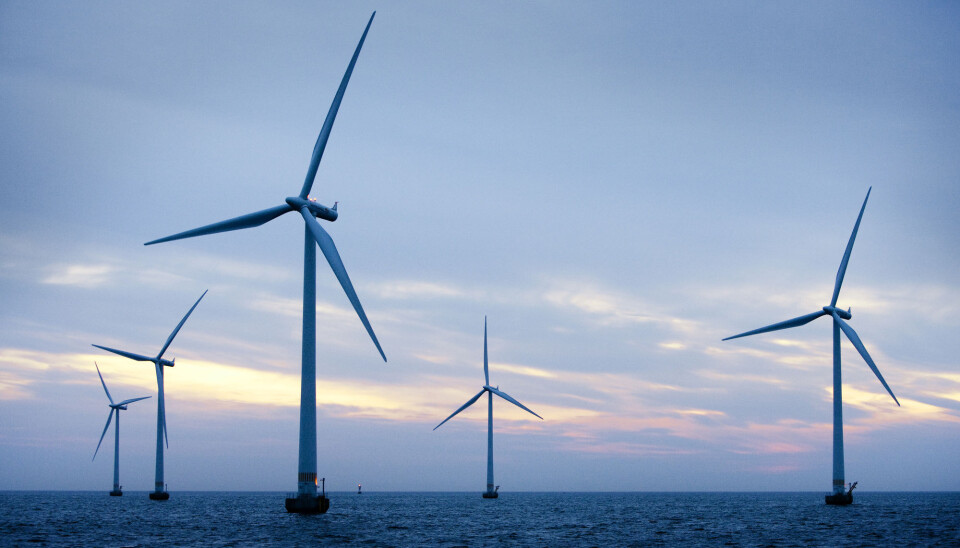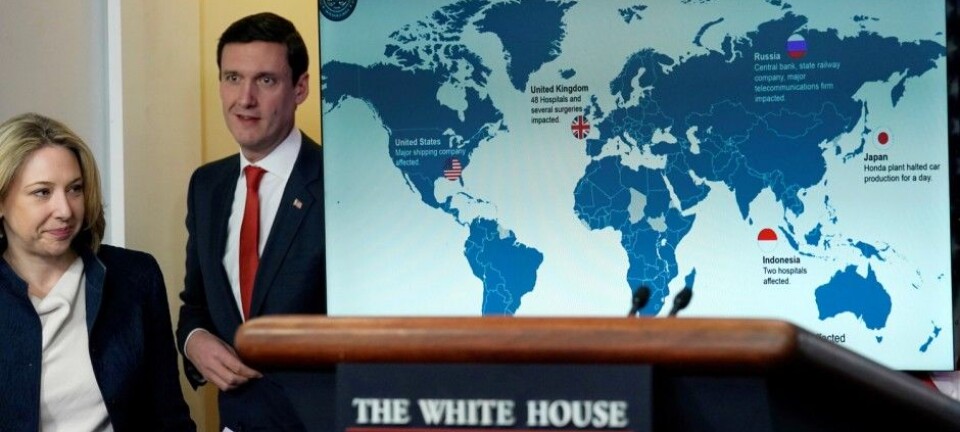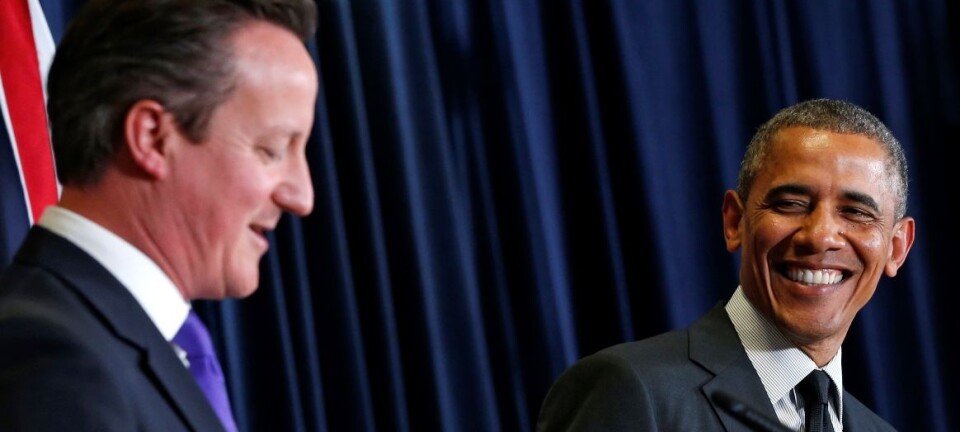This article is produced and financed by NUPI, Norwegian Institute of International Affairs - read more

The green transition: Who will be the geopolitical winners – and losers?
This is the main question behind a new index developed by an international research team led by NUPI’s Indra Øverland.
Beyond any doubt, the green transition will have consequences for geopolitics – international power relations and competition influenced by geography.
But who stands to gain, or lose, the most – geopolitically speaking?
Led by Professor Indra Øverland from the Norwegian Institute of International Affairs, (NUPI), experts from Stiftung Wissenschaft und Politik in Berlin and the Payne Institute in Colorado, USA, have ranked 156 countries in The GeGaLo index: Geopolitical gains and losses after energy transition, published in the journal Energy Strategy Reviews in November 2019.
According to Øverland, who heads NUPI’s Centre for Energy Research, previous research on this topic has been characterized largely by anecdotal empirical evidence. Earlier this year, the professor criticized much of the literature for recycling old myths from the oil and gas era to analyse how the geopolitics of renewable energy will unfold in the future.
Against this backdrop, the GeGaLo index introduces a new, methodologically ambitious and empirically better founded approach to the geopolitical consequences of energy transition.
Fossil fuel decline = geopolitical drama
"We have taken into account both reserves and production of fossil fuels. Most often the two are correlated, but not always. Iran, for example, has major reserves – but less production, due to international sanctions", explains Øverland.
If a country has a current advantage due to its fossil-fuel reserves, this will have a negative impact on its GeGaLo index ranking, as they represent an advantage that will be lost after the green transition.
In other words:
"The geopolitical drama lies not primarily in the surge in renewables as such, but the decline of major fossil fuel producers as their markets dwindle. This may cause significant turbulence. It could hit countries that fail to recognize their own decline before it’s too late, or countries that have historically been supported by other states due to their energy resources", Øverland says, and adds:
"Take Saudi Arabia, for instance. Will it be of much importance to the USA if the latter is no longer particularly concerned about global oil supplies? Or Russia, territorially the world’s largest country and with a complex federal structure: oil revenues make it easier for Moscow to keep the country together. And Nigeria, a very populous country with major ethnic and religious divisions: less oil money may mean a less content citizenry – and more internal conflict."

Russia and Saudi Arabia particularly challenged
Some countries are better equipped than others to do well both in the oil era and after the green transition.
"Algeria, for example, may lose strength when its fossil-fuel exports disappear – but this decline can be counteracted by the country’s extensive solar power resources. However, for countries such as Russia and Saudi Arabia, which depend on their oil and gas revenues to finance their military forces and are involved in armed conflicts with neighbouring countries, the transition may prove especially challenging."
On the other hand, if a state has large potential for producing and exporting renewable energy, this will push it upwards in the GeGaLo index.
"We included data on solar, wind and hydro power. What kind of access to these renewable energy sources does each country have, and how much space per capita? Space is a key factor for utilizing renewable energy sources, because space is needed for facilities like wind farms and solar-panel arrays. If you live in a country like Mauritania, with plenty of sun, a small population and vast expanses of desert land, you have ample space for solar panels. The same logic applies to Iceland. Even though its territory is quite small, the population is extremely small; if we also take maritime areas into consideration, Iceland has a huge area per capita. Both because of this and because of its total dependency on fossil fuel imports, Iceland is the highest-ranking country in the GeGaLo Index."
Determining factors
Another important variable is governance.
"The countries likely to be most successful aren’t dependent on fossil fuels, they have considerable renewable energy resources, very few inhabitants, a lot of space – as well as no conflicts and good governance", Øverland sums up.
What, then, about Norway – a country rich in water and wind, good governance, and plenty of space?
"Norway ends up as number 111, one of the moderate losers. Yes, we are a country with large fossil resources and renewable resources, good governance and a low conflict level. But in our index, fossil resources weigh twice as much as renewables. Norway has large fossil reserves, and huge fossil-fuel exports with the income divided among a very small population. In other words, with the renewables transition, we fall from a very high place", Øverland says, but adds that, all the same, he is not too worried about Norway’s future as he thinks the country can handle the situation.
Good news for much of the world
According to NUPI’s Øverland, the most positive implication of a new energy regime is that we will be moving towards a more peaceful and democratic world.
"Most countries will become more equal. There will be less to fight about. We’ll have a more just world. Many countries stand to gain from this. Most of the world’s countries will achieve greater energy security through local, renewable energy, with an improved balance of trade and economy. That’s good news for most of the world, although it can be a bit challenging for a petrostate like Norway."



































